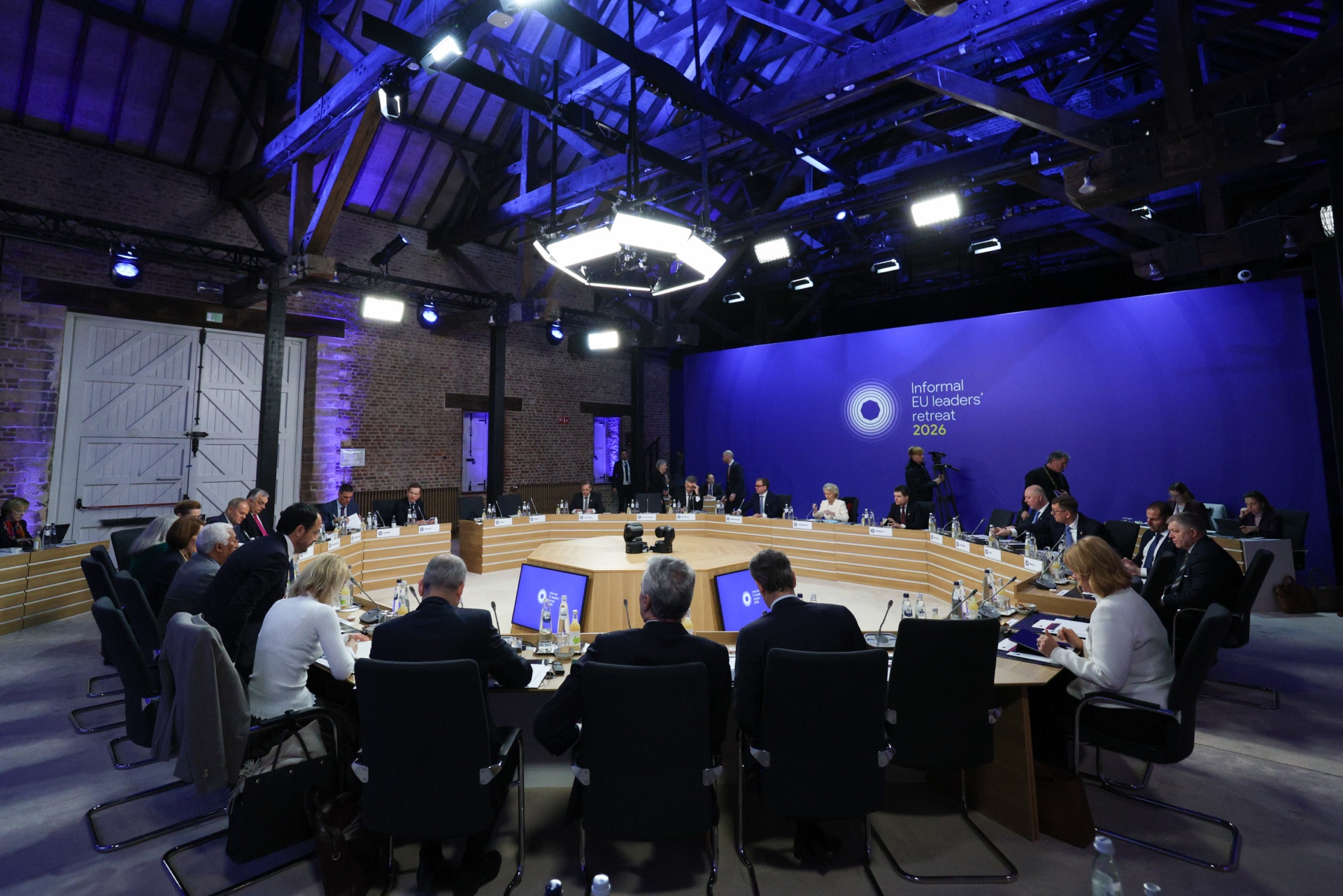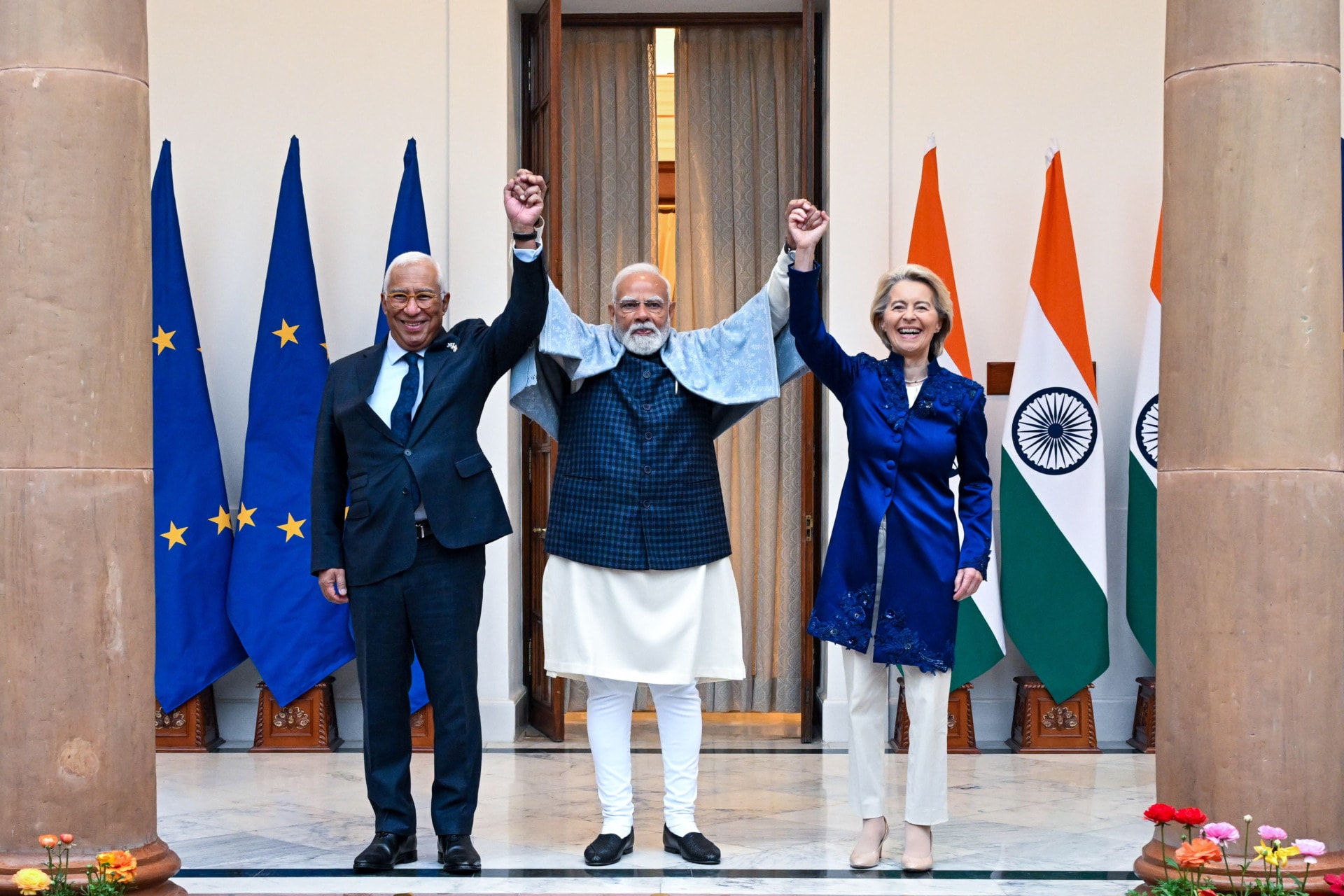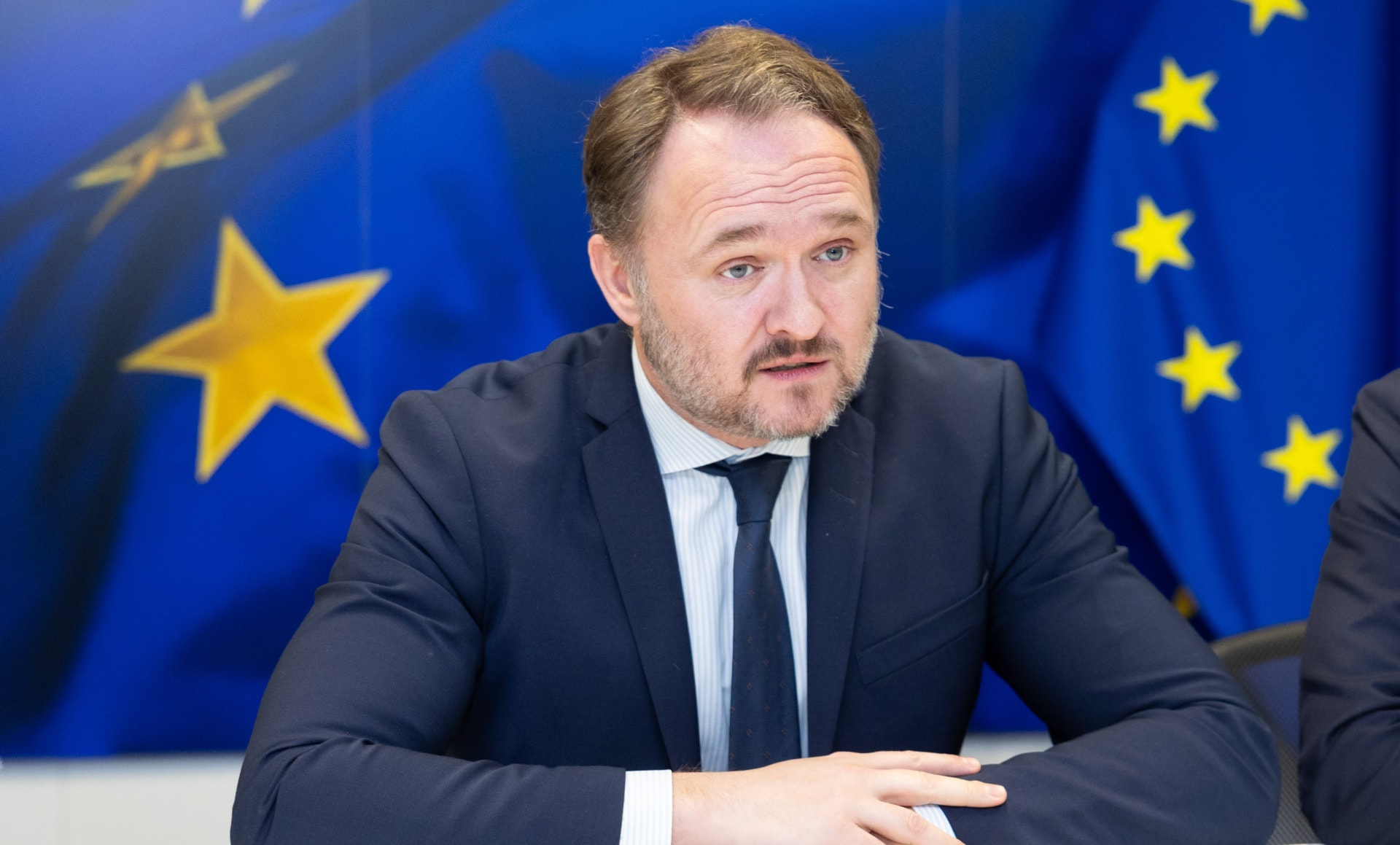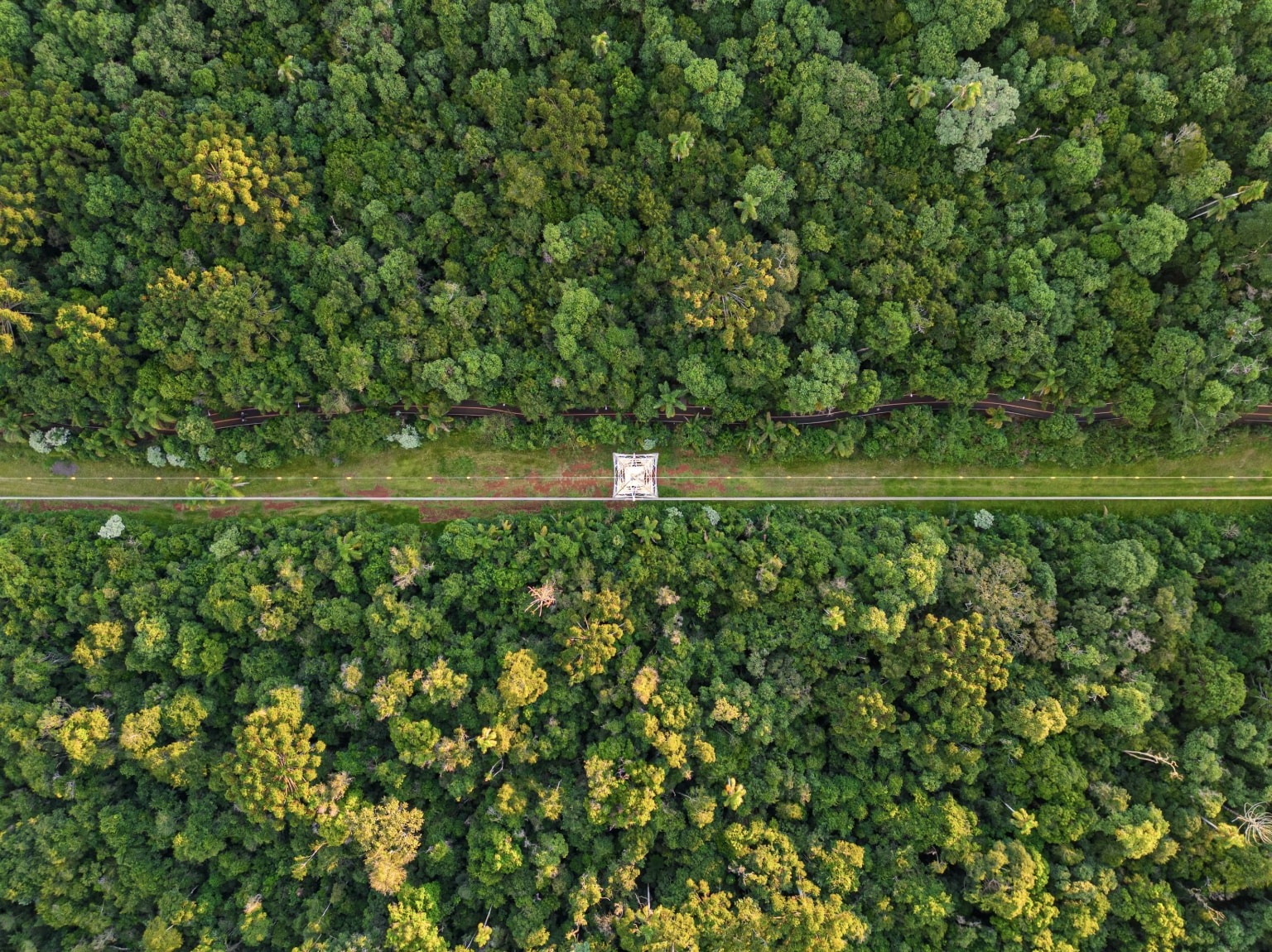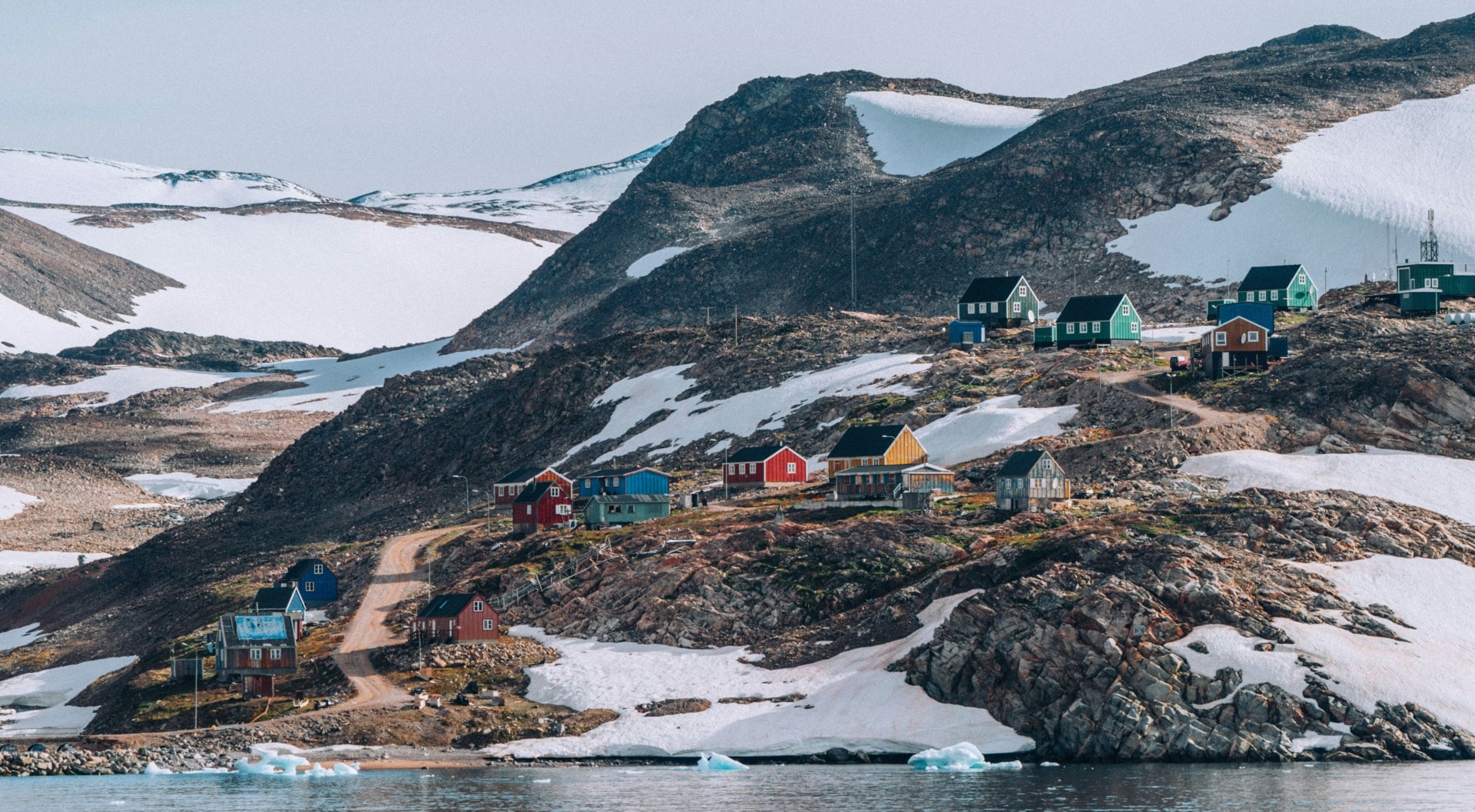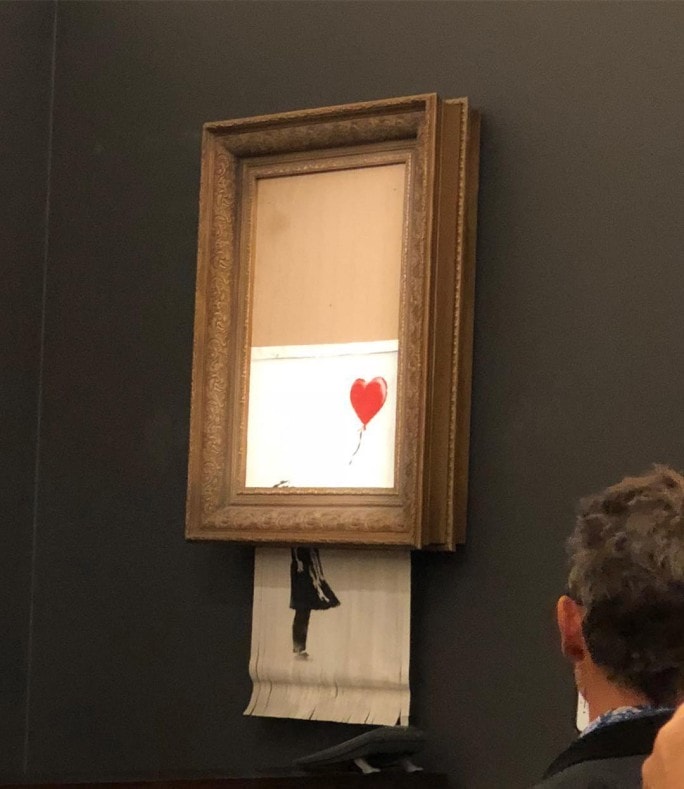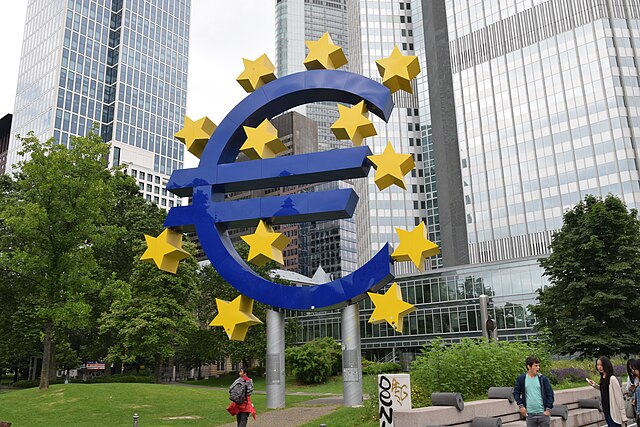Brexit means Brexit. We hear this phrase uttered ad nauseam by Brexit supporters, and yet, two-and-half years on from the referendum, it is difficult to see what was – and what will be – the meaning of Brexit.
Those that voted in favor of leaving the European Union were often misled by fake news – that some £350 million would be given to the National Health Service instead of the EU – or believed that leaving the EU would have no impact on their lives – that the UK would somehow remain in the European Economic Area as a non-EU member with freedom of movement and no barriers to trade.
Right now, much remains uncertain, and time is running out as the UK is set to leave the Union by March 2019. Failure to find an agreement will mean that the UK will be like any other third-party country to the EU, and that entirely new agreements will have to be made to ensure people and goods can still travel to and from the UK and Europe.
Another unsolved, but highly relevant, issue is the Irish border between Northern Ireland and the Republic of Ireland. If there is no deal solidified on Brexit, it might have to be closed, and this would obviously cause a significant problem. Under the Good Friday Agreement, there should never again be a hard border between the two parts of Ireland as closing it may cause historic tensions to flare once more.
As the reality of Brexit comes clearer into focus, many people are raising their voices to ask for a second referendum.
With this article, we commence at Impakter a series about Brexit, giving a voice to those who want to stop it or, at the very least, bring about a second referendum.
Andrew Pardy is one of them. He belongs to a generation that has truly enjoyed the benefits of freedom of movement, having lived and worked in several European countries. Known on Instagram as @therogueconsultant, he started travelling this past summer. He has deemed his trip “The Last European Tour“ as he is unsure, when and if Brexit happens, if he will be unable to take such a trip again in future.
To take advantage of these last few months of being an EU citizen, Andrew quit his job and bought a van. He started travelling up and down around Europe, tracked by his GPS, leaving behind him a virtual permanent message to everyone: “STOP BREXIT.” To make his trip more sustainable and to reduce his carbon footprint, Andrew has decided to plant a number of trees equivalent to his CO2 emissions at the end of his trip.
How many people like Andrew are out there in the UK? People that genuinely don’t want to see an end to the rich opportunities to travel and live abroad that are inherent in EU citizenship, recognizing that such opportunities will only be available to the UK’s wealthiest and most well-connected post-Brexit.
Here are some of the thoughts Andrew shared with us from his van.
 IN THE PHOTO: A picture of o Andrew Pardy during his trip. PHOTO CREDIT: therogueconsultant
IN THE PHOTO: A picture of o Andrew Pardy during his trip. PHOTO CREDIT: therogueconsultant
Why have you decided to do this trip? What did you do for living before?
Andrew Pardy: I recently quit my job as a digital transformation consultant to embark on this trip. I wanted to do something positive and challenge myself!
Having spent time growing up in Germany, and working in Spain, I’ve always valued freedom of movement. The right to explore as well as live and work in Europe without tiresome red tape is an immense privilege and, although we don’t yet know to what extent this might be affected, I wanted to highlight some of the benefits as they stand.
I (like a lot of my friends at home), have been frustrated with the debate and how Brexit has been progressing. I wanted to do something positive and make a personal statement at the same time. I came up with the idea whilst running (using one of the tracking apps) and thought I might be able to do something on a bigger scale.
What are your thoughts about Brexit? In this moment of heavy tensions between the British Government and the European Union, it seems like there is a possibility of a no-deal Brexit, what do you think about that?
As you can see from the message I’m drawing across the continent, Brexit is not something I’m particularly fond of. In my opinion, a no-deal Brexit risks inflicting unnecessary economic hardship and suffering on the most vulnerable members of our society. I really hope this possible outcome does not become a reality.
 IN THE PHOTO: One of the amazing roads around Europe Andrew has been to. PHOTO CREDIT: therogueconsultant
IN THE PHOTO: One of the amazing roads around Europe Andrew has been to. PHOTO CREDIT: therogueconsultant
Do you think people were well informed about the possible consequences of their vote? British people maybe did not realize they would lose their freedom of movement across Europe.
It’s hard to comment on how well informed other people may have been regarding the consequences before the referendum. That said, the consequences are, in part, dependent on the final deal – this would have been hard to foresee. It’s possible that some of those who voted leave out of concern for freedom of movement were focused heavily on the downsides and did not take into account the benefits we currently enjoy as a result of FOM. I am trying to highlight these benefits as part of my journey. I also understand that ending freedom of movement is only one of a number of arguments put forward by those who voted leave – one component of this complex debate.
You have must have met a lot of people around Europe during this trip. What was their perception of Brexit? What was the general feeling of people about the European Union?
Yes, I’ve met lots of people on the trip so far and nearly all have 1) loved the idea of the trip and 2) been saddened by Brexit. Of course opinions have varied from country to country but those I’ve met have largely spoken highly of the EU. Even where problems and issues have been acknowledged, it’s been largely agreed that these could and should be addressed through reasoned debate and reform.
 IN THE PHOTO: Chamonix Mont -Blanc just on the border between France and Italy PHOTO CREDIT: therogueconsultant
IN THE PHOTO: Chamonix Mont -Blanc just on the border between France and Italy PHOTO CREDIT: therogueconsultant
Do you support a second referendum on Brexit? Do you think there is still a chance for the UK to remain?
I do support a second referendum. I agree with Nick Clegg who argued that “the first referendum said we should leave without specifying how. In a second referendum, the government would in effect say – here’s the deal we have negotiated… do you approve? What could be more logical? What could be more natural? ”


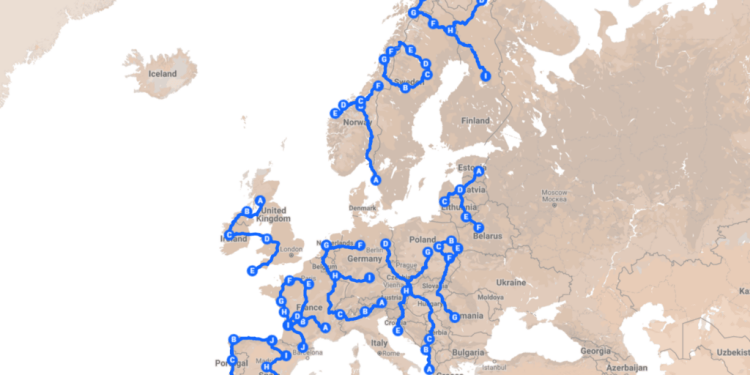
 IN THE PHOTO: A rainbow over Andrew’s van. PHOTO CREDIT:
IN THE PHOTO: A rainbow over Andrew’s van. PHOTO CREDIT: 